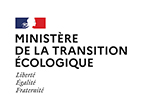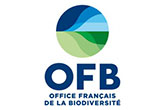SCORE-REEF
Spatio-temporal variability of coral reefs at the global scale: causalities, idiosyncrasies and implications for ecological indicators
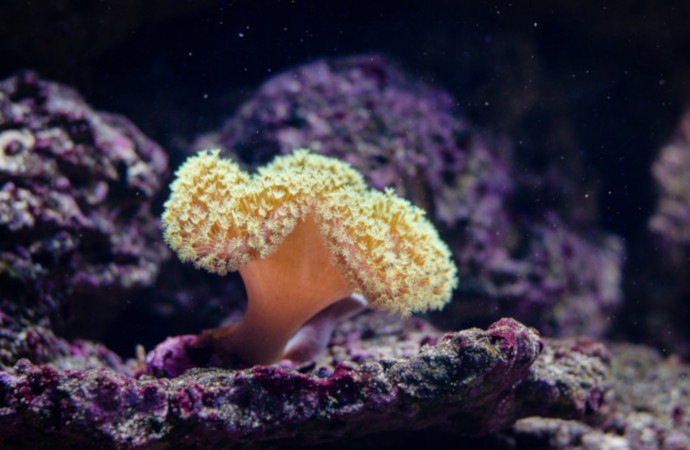
Coral reefs host the highest biodiversity in the marine realm and provide crucial services (e.g. edible biomass) that sustain 500 million people worldwide. However, reefs are rapidly degrading due to climate-induced disturbance events and a backdrop of chronic stress (e.g. overfishing, increased nutrient loads). With reefs still recovering from the most prolonged global coral die-off on record (2015-2016), disentangling the individual effects of multiple stressors is a necessary step to help managers and conservation practitioners making decisions. This requires a set of complementary indicators evaluating the multi-faceted status of reefs in both terms of taxonomic and functional diversity.
SCORE-REEF aims for this, by merging global-scale spatial databases on coral reef benthic and fish assemblages and long -term datasets derived from monitoring programs running in the French Territories and other regions. The project:
- evaluates the quality, relevance and the consistency of available datasets and systematically evaluate existing indicators;
- assess the temporal dynamics of coral reef benthic and fish assemblages using taxonomic, functional and phylogenetic approaches to define ecoregions;
- develop region-specific indicators of coral reef health and resilience accounting for both taxonomic, functional and phylogenetic facets of biodiversity with regard to human impacts and to environmental variability;
- test for the relevance and temporal stability of indicators used within the context of the European Water Framework Directive, GCRMN and MPA monitoring.
SCORE-REEF plans to directly meet managers and stakeholders (representing MPAs, IFRECOR and WFD) during the project to jointly evaluate environmental policies and propose co-defined indicators and metrics.
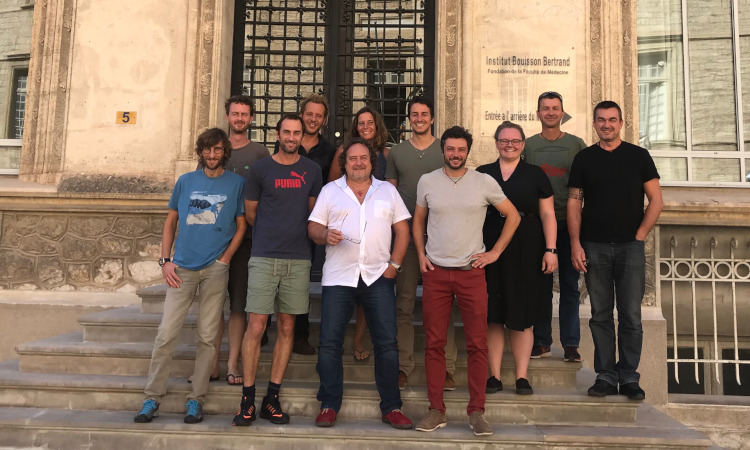
© CESAB Score-Reef 2019
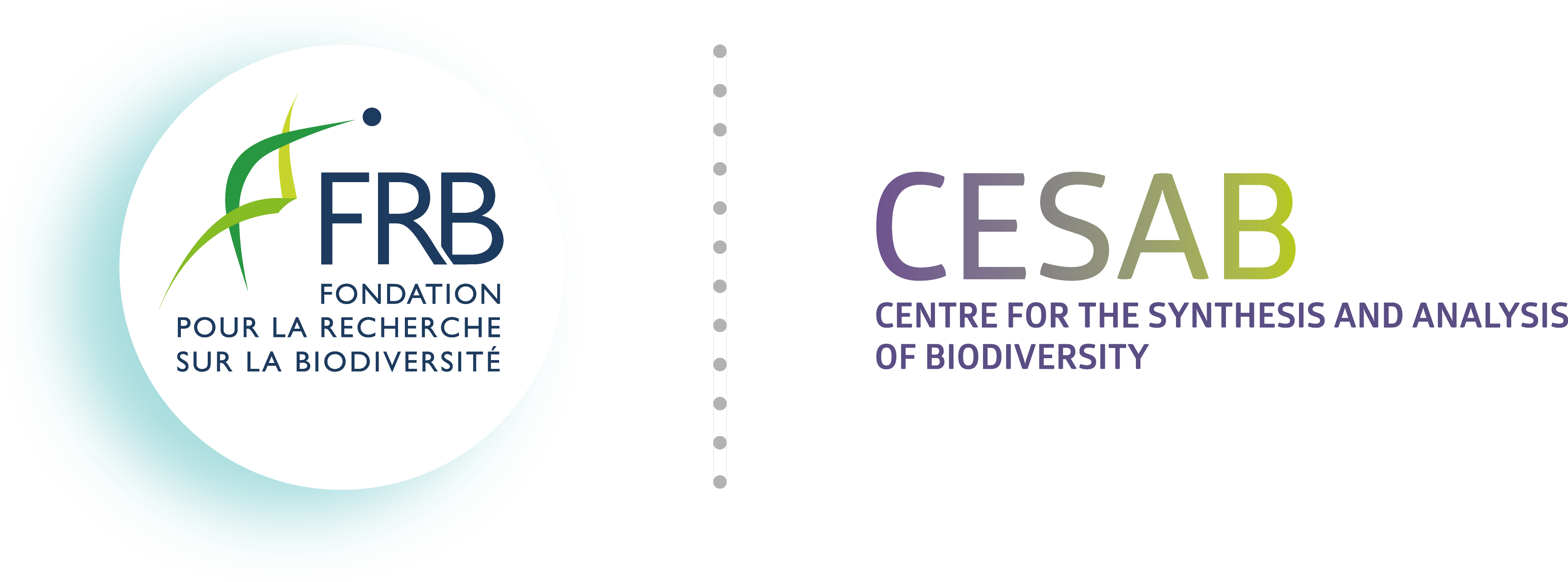
PIs:
Mehdi ADJEROUD – IRD (France);
Valeriano PARRAVICINI – EPHE (France)
Postdoc:
Jérémy CARLOT – FRB-CESAB (France)
SCORE-REEF brings together specialists in macroecology, conservation, coral reef corals and fish, indicators and data analysis.
SCORE-REEF was selected from the 2018 call for proposals. The project selection process was carried out by a committee of independent experts.
Les récifs coralliens cernés par les impacts anthropiques et les changements globaux (in French – 2022)
Les réseaux trophiques des récifs coralliens sont très vulnérables à la perte d’espèces (in French – 2021)
Une publication du groupe Score-Reef reconstruit le réseau alimentaire des récifs coralliens (in French – 2021)
Les conditions environnementales extrêmes réduisent la biodiversité et la productivité des poissons des récifs coralliens (in French – 2020)
[12] Brandl S, Carlot J, Stuart‐Smith R, Keith S, Graham N, Edgar G, Wicquart J, Wilson S, Karkarey R, Donovan M, Arias‐Gonzalez J, Arthur R, Bigot L, Exton D, Goetze J, Hoey A, Holmes T, Maréchal J, Mouillot D, Ross C, Wickel J, Adjeroud M & Parravicini V (2024) Unifying coral reef states through space and time reveals a changing ecosystem. Global Ecology and Biogeography, accepted. DOI: 10.1111/geb.13926.
[11] Randrianarivo M, Gasimandova LM, Tsilavonarivo J, Razakandrainy A, Philippe J, Guilhaumon F, Botosoamananto RL, Penin L, Todinanahary G & Adjeroud M (2024) Assessing recovery potential of coral reefs in Madagascar and the effects of marine protected areas. Regional Studies in Marine Science, 77, 103710. DOI: 10.1016/j.rsma.2024.103710.
[10] Jouval F, Adjeroud M, Latreille AC, Bigot L, Bureau S, Chabanet P, Durville P, Elise S, Obura D, Parravicini V, Guilhaumon F, Brandl S, Carlot J & Penin L (2023) Using a multi-criteria decision-matrix framework to assess the recovery potential of coral reefs in the South Western Indian Ocean. Ecological Indicators, 147, 109952. DOI: 10.1016/j.ecolind.2023.109952.
[09] Schiettekatte NMD, Brandl SJ, Casey JM, Graham NAJ, Barneche DR, Burkepile DE, Allgeier JE, Arias-Gonzaléz JE, Edgar GJ, Ferreira CEL, Floeter SR, Friedlander AM, Green AL, Kulbicki M, Letourneur Y, Luiz OJ, Mercière A, Morat F, Munsterman KS, Rezende EL, Rodríguez-Zaragoza FA, Stuart-Smith RD, Vigliola L, Villéger S & Parravicini V (2022) Biological trade-offs underpin coral reef ecosystem functioning. Nature Ecology & Evolution, 6, 701–708. DOI: 10.1038/s41559-022-01710-5.
[08] Carlot J, Kayal M, Lenihan HS, Brandl SJ, Casey JM, Adjeroud M, Cardini U, Merciere A, Espiau B, Barneche DR, Rovere A, Hédouin L & Parravicini V (2021) Juvenile corals underpin coral reef carbonate production after disturbance. Global Change Biology, 27, 2623–2632. DOI: 10.1111/gcb.15610.
[07] Ghilardi M, Schiettekatte NMD, Casey JM, Brandl SJ, Degregory S, Mercière A, Morat F, Letourneur Y, Bejarano S & Parravicini V (2021) Phylogeny, body morphology, and trophic level shape intestinal traits in coral reef fishes. Ecology and Evolution, 11, 13218–13231. DOI: 10.1002/ece3.8045.
[06] Pozas-Schacre C, Casey JM, Brandl SJ, Kulbicki M, Harmelin-Vivien M, Strona G & Parravicini V (2021) Congruent trophic pathways underpin global coral reef food webs. Proceedings of the National Academy of Sciences of the United States of America, 118, e2100966118. DOI: 10.1073/pnas.2100966118.
[05] Strona G, Beck PS, Cabeza M, Fattorini S, Guilhaumon F, Micheli F, Montano S, Ovaskainen O, Planes S, Veech JA & Parravicini V (2021) Ecological dependencies make remote reef fish communities most vulnerable to coral loss. Nature Communications, 12, 7282. DOI: 10.1038/s41467-021-27440-z.
[04] Strona G, Lafferty KD, Fattorini S, Beck PS, Guilhaumon F, Arrigoni R, Montano S, Seveso D, Galli P, Planes S & Parravicini V (2021) Global tropical reef fish richness could decline by around half if corals are lost. Proceedings of the Royal Society B: Biological Sciences, 288, 20210274. DOI: 10.1098/rspb.2021.0274.
[03] Urbina-Barreto I, Garnier R, Elise S, Pinel R, Dumas P, Mahamadaly V, Facon M, Bureau S, Peignon C, Quod J-P, Dutrieux E, Penin L & Adjeroud M (2021) Which method for which purpose? A comparison of line intercept transect and underwater photogrammetry methods for coral reef surveys. Frontiers in Marine Science, 8, 636902. DOI: 10.3389/fmars.2021.636902.
[02] Brandl SJ, Johansen JL, Casey JM, Tornabene L, Morais RA & Burt JA (2020) Extreme environmental conditions reduce coral reef fish biodiversity and productivity. Nature Communications, 11, 3832. DOI: 10.1038/s41467-020-17731-2.
[01] Parravicini V, Casey JM, Schiettekatte NMD, Brandl SJ, Pozas-Schacre C, Carlot J, Edgar GJ, Graham NAJ, Harmelin-Vivien M, Kulbicki M, Strona G & Stuart-Smith RD (2020) Delineating reef fish trophic guilds with global gut content data synthesis and phylogeny. PLoS Biology, 18, e3000702. DOI: 10.1371/journal.pbio.3000702.
